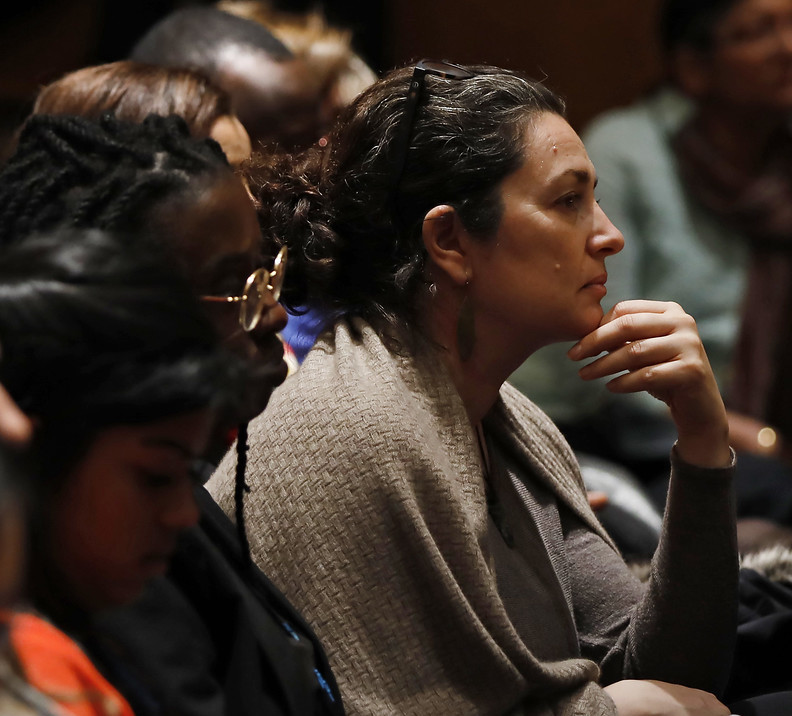Dr Justin Parkhurst discusses the 12 Days of Global Health blog series and global health in 2021.
This is the twelfth blog in the 12 Days of Global Health series
The 12 days of Global Health series has allowed members of the LSE Global Health Initiative Steering Committee to reflect on a range of topics affecting them and their work in the previous year. This has included personal reflections of experiencing the constructed categories of ‘vulnerability’ or ‘disability’; discussions of recent academic work on sexual and reproductive health; consideration of the decolonisation agenda in global health; and of course, reflections on COVID-19 considering a range of issues such as evidence use in pandemic response, global politics and governance, and learning lessons from national experiences.
This final instalment of the series, however, looks forward to 2021 to think about what the year ahead may hold for global health social science scholarship. Of course, social scientists will be the first to tell you they cannot make predictions about what will happen in society, and no doubt there will be a number of unpredictable issues arising. Yet there are some unfolding issues that are certain to be important in the year ahead for the global health community.
Changes in American global health policy
One of the most obvious changes that will occur early in the new year will be the January inauguration of Joe Biden as President of the United States (US), raising questions about how his administration will alter what we saw from Donald Trump in the Global Health arena. We can very likely assume the Biden administration will undo Trump’s order to withdraw from the World Health Organization, keeping the US within this critical global health body. Another US global health policy almost certain to reverse is the so-called ‘Global Gag Rule’ (or Mexico City Policy) which prohibits US foreign assistance funds going to agencies providing abortion related counselling or service (even if legal in the country). This was first initiated by the Reagan administration in 1984, and was subsequently removed, reinstated, removed, and reinstated again as the White House has changed political parties. Indeed, the LSE Global Health Initiative hosted a public seminar in 2018 on the topic after it was reinstated by Trump. It would be a surprise if the Biden administration did not follow in the tradition of Obama and Clinton in removing this rule early in its administration – with subsequent implications for agencies providing reproductive health services that receive US funding.
We can very likely assume the Biden administration will undo Trump’s order to withdraw from the World Health Organization, keeping the US within this critical global health body
The international race for a COVID vaccine
However, it is likely that the headline-dominating issue for 2021 will remain COVID-19. There are a number of social and political issues in relation to COVID-19 that will be critical in the year ahead. An obvious starting point is in relation to COVID vaccination. It has already become apparent that, while biological science has been truly remarkable in the speed of development of an effective vaccine, embedded global power structures will mean that the vaccine will not be readily available to all. Inequity in access to vaccines is already falling along established lines of wealth and power – with high-income countries buying up the majority of doses. In October, South Africa and India proposed to the World Trade Organization that COVID-related products (like vaccines) be granted an exemption from global patent protections – a proposal the UK was quick to argue against. 2021 will thus likely see the global political economy of access to medicines play out again, with many of the same players as seen in past examples such as around access to HIV/AIDS medications.
It has already become apparent that, while biological science has been truly remarkable in the speed of development of an effective vaccine, embedded global power structures will mean that the vaccine will not be readily available to all
Another issue of importance within those countries that do have early access to COVID vaccines is the looming spectre of ‘vaccine hesitancy’ and the ‘anti-vax’ movement. With distrust of vaccines running as high as a third or more of citizens in many high-income countries, there will be enormous need to consider issues of trust, messaging, and social engagement to ensure that vaccination programmes are successful for COVID-19. Social science will no doubt have key roles to play in this process.
Beyond the vaccine, COVID has already begun to embed itself into a number of other critical global health questions that have existed for several years. One of these is the slow march towards Universal Health Coverage – with advocates arguing that COVID illustrates yet again why universal coverage is so important. A second one is the importance of addressing the social determinants of health and health inequalities – the conditions in which individuals are born, grow, work, and live – that affect their chances of contracting or managing health threats including COVID-19. If there is one silver lining to emergencies and crises such as this pandemic, it is that they can provide windows of opportunity for action and systemic change. 2021 may surprise us still – but it will no doubt provide a range of such opportunities for academics, scientists, politicians and activists to shape how countries, and the global community alike, respond to the current pandemic. In doing so, we can hope the year ahead provides us with space to work for change to achieve healthier and more equal societies.
The views expressed in this post are those of the author(s) and in no way reflect those of the Global Health at LSE Blog or the London School of Economics and Political Science.
Photo: Happy Holidays! Credit: Michael Levine-Clark. Licensed under creative commons (CC BY-NC-ND 2.0).





